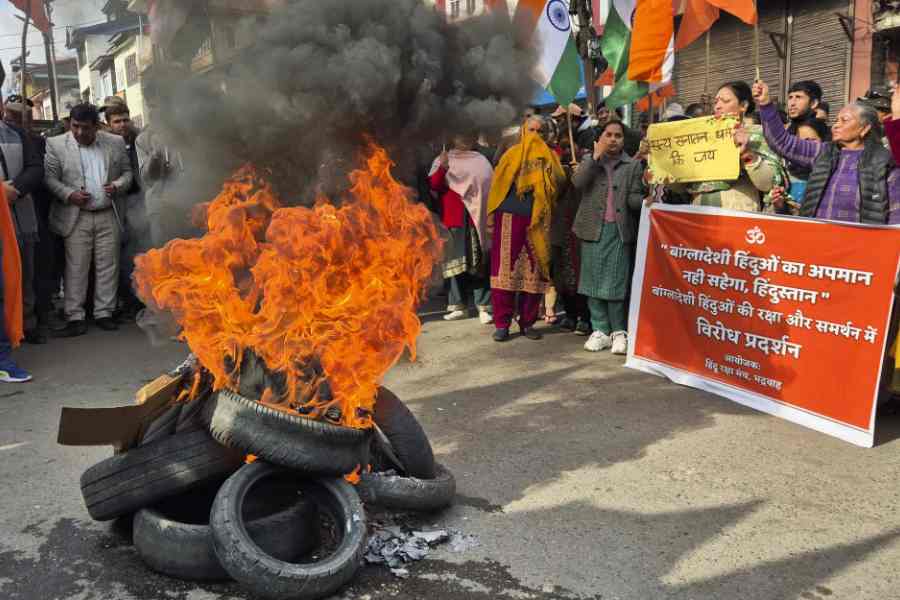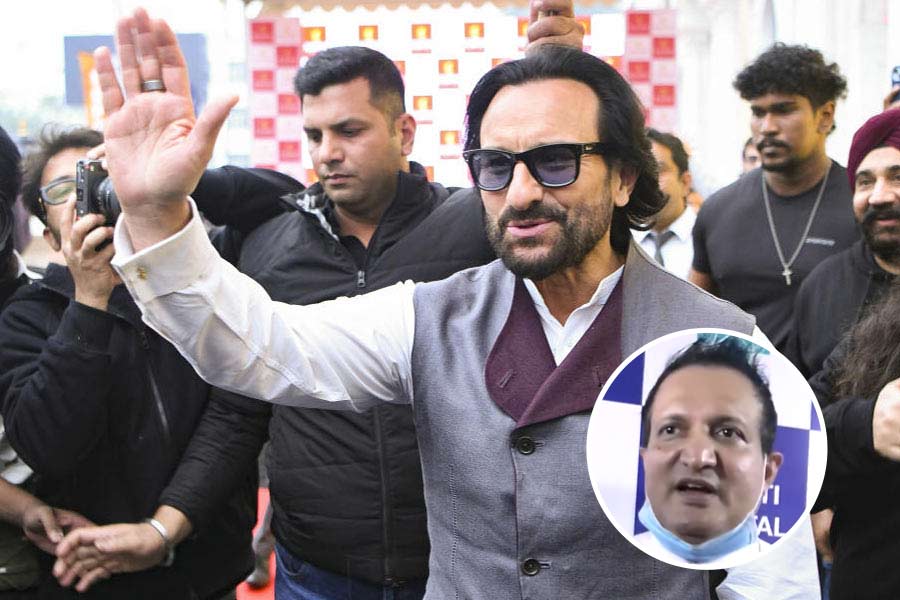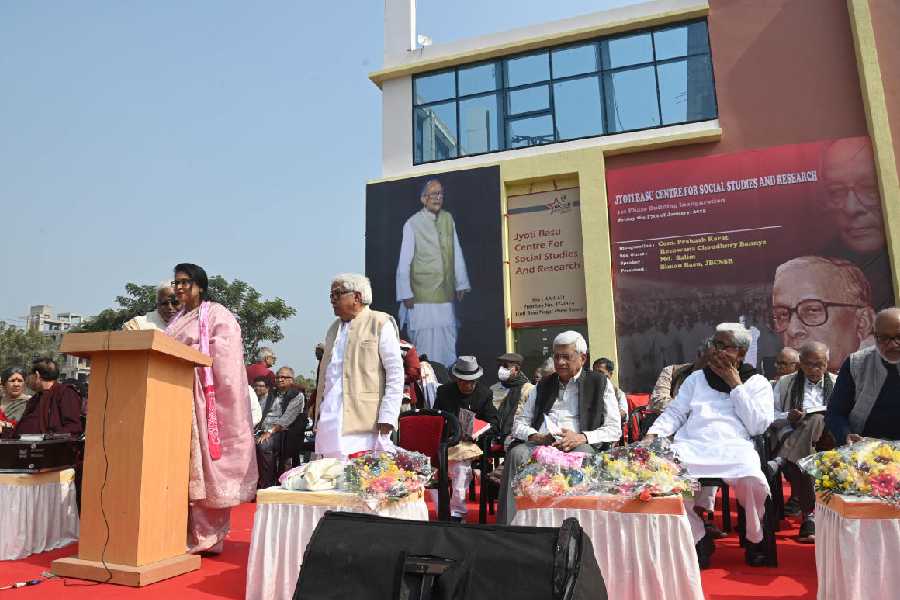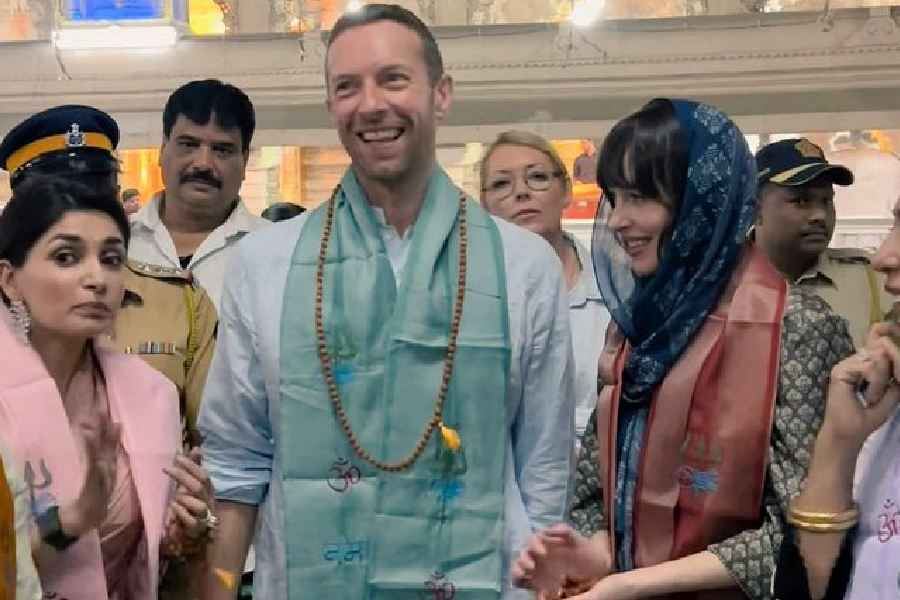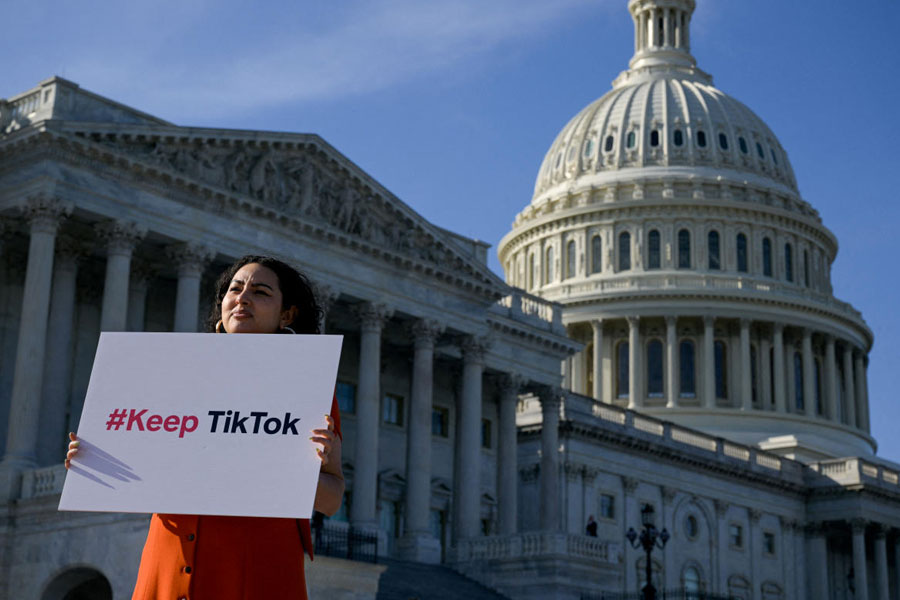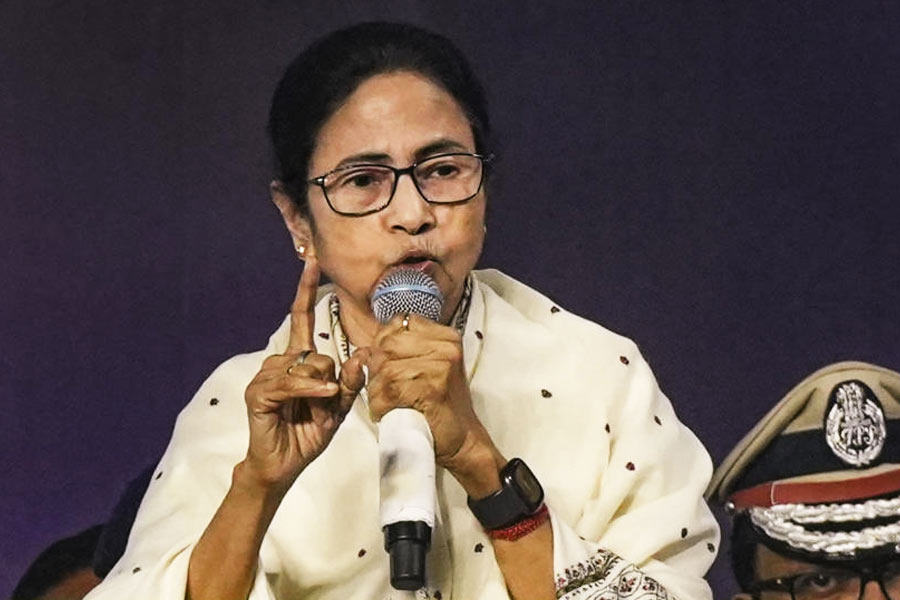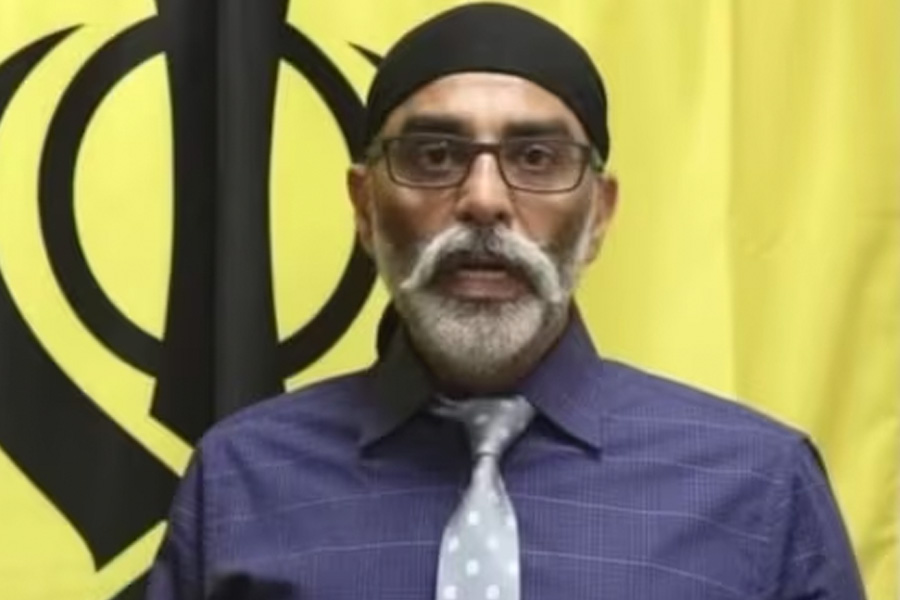The alleged violence against minorities in Bangladesh is likely to be the main topic of discussion for Indian foreign secretary Vikram Misri when he arrives in Dhaka on Monday for the Foreign Office Consultations.
“India has been consistently flagging its concerns about what’s happening to the minorities.... This will be at the top of the agenda when our foreign secretary meets his counterpart, Md Jasim Uddin, on Monday,” a source in the Indian establishment said.
Bangladeshi authorities have consistently dismissed as Indian media propaganda the allegations of attacks on Hindus and their places of worship since Sheikh Hasina’s ouster on August 5.
However, the reality across the border was highlighted yet again on Saturday when Iskcon alleged that one of its centres, located in Dhaka district, had been burnt down earlier in the day.
In a post on X, Iskcon Calcutta vice-president Radharaman Das wrote: “Iskcon Namhatta Centre burned down in Bangladesh. The deities of Sri Sri Laxmi Narayan and all items inside the temple were burned down completely. The centre is located in Dhaka....”
A member of the Hindu-Christian-Buddhist Unity Council said there was a pattern to the attacks, which have witnessed their latest escalation since the November 25 arrest of Hindu monk Chinmoy Krishna Das.
The port city of Chittagong has been sizzling since the death of lawyer Saiful Islam Alif on November 26 during a protest by Das’s supporters on a court’s compound against the denial of bail to the monk.
“The attempt is to intimidate Hindus so they leave their properties and run away,” said the Chittagong-based source, who is in hiding.
Elaborating on the “pattern” he had mentioned, he cited the forced resignation of eminent Bangladeshi sociologist Anupam Sen from the post of vice-chancellor of Premier University, Chittagong, on Friday evening.
“Sen’s resignation came after students launched a protest under the banner of the General Students’ Anti-Discrimination Movement at Premier University…. Some other senior professors too had to resign under their pressure,” the source said.
“Sen is revered across the country and used to be a colleague of Muhammad Yunus (head of the interim government in Bangladesh) when he was at Chittagong University.... But the chief adviser (Yunus) has not made a single comment on the forced resignation.”
The source said that if people like Sen were unsafe in Bangladesh, ordinary members of minority communities did have reason to be afraid.
According to the Bangladeshi media, Sen stepped down voluntarily because of age-related issues, which he apparently mentioned in his resignation letter.
This newspaper’s attempts to reach Sen did not succeed but multiple sources close to him said the septuagenarian had been harassed for over 48 hours before he gave in.
“These students, attached to radical groups like the Hizb-ut Tahrir and Hefazat-e-Islam, have been creating havoc across campuses in the country,” said a former HR head at a premier private university who too had been forced to resign in the face of protests steered by the Hizb-ut Tahrir.
“They are targeting teachers from the minority community or teachers who uphold the secular and liberal ethos of Bangladesh, and forcing them to resign.”
Yunus’s spin doctors — including senior editors, lawyers and civil society members — have been playing down the communal nature of the attacks, asserting the victims were targeted for their affiliation to the Awami League, helmed by the “fascist Sheikh Hasina”.
While minorities did face oppression on Hasina’s watch, too, and she faces accusations of running a one-party country, the situation has worsened significantly under Yunus, said a veteran journalist who was fired after the change of guard in Dhaka.
“In the name of national unity, which Yunus tried to create by holding back-to-back meetings with political parties and representatives of various religions, the interim government is trying to brush all the criticism against it under the carpet,” the journalist, who has more than 35 years of experience in the profession, said.
A source in the Indian establishment echoed theDhaka journalist and expressed his shock at the demands coming from the power corridors in Dhaka.
“When the Bangladesh foreign ministry summoned the Indian high commissioner in Dhaka, he was told New Delhi must rein in the Indian media outlets that are carrying negative reports about Bangladesh,” the source said.
“They have stifled the media in their country by arresting journalists, cancelling their accreditation cards and taking control of media outlets. That’s why they think the media can be controlled.”
According to the diplomatic grapevine in Dhaka, the Bangladesh foreign secretary will repeat the demand to Misri after flagging concerns about the safety of the Bangladeshi missions in India.
The other issues on the table are likely to include the issuance of more Indian visas to Bangladeshis — a longstanding demand from Dhaka — and the trade of essentials, for which Bangladesh is heavily dependent on India.
Amid the worsening ties with New Delhi, Dhaka has been exploring various options to import essentials such as rice, sugar, onions and cooking oil. It has begun sourcing some of these from countries like Pakistan and Sri Lanka.
“It can be a temporary solution, but we need normal trade ties with India,” said a Bangladeshi businessman who deals in readymade garments and imports materials like cotton and chemicals from India.
Multiple members of the business community in Bangladesh said they were eagerly waiting for a thaw in Dhaka-New Delhi relations, but a diplomatic observer in Dhaka did not sound optimistic.
“In this charged environment, with anti-India sentiments at their peak, I don’t expect anything significant from the FCO (Foreign Office Consultations).... At best, each side will table its concerns and the other side will promise to look into them,” the observer said.
There is speculation in Dhaka that Misri might call on Yunus, but it could not be confirmed till late into Saturday night.

